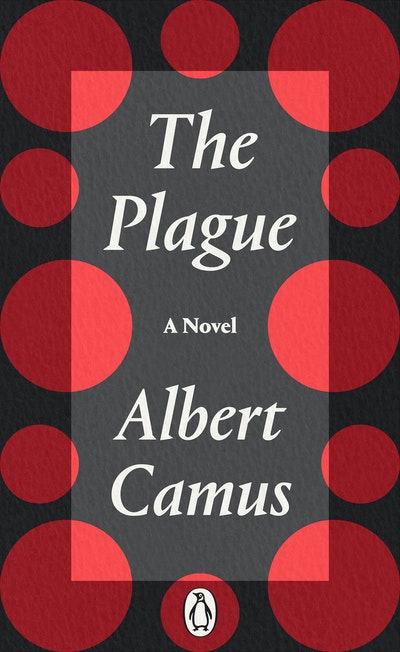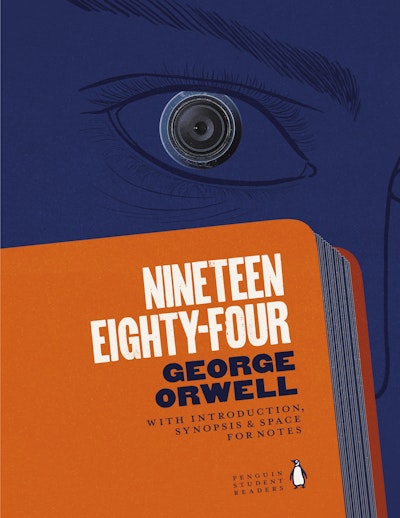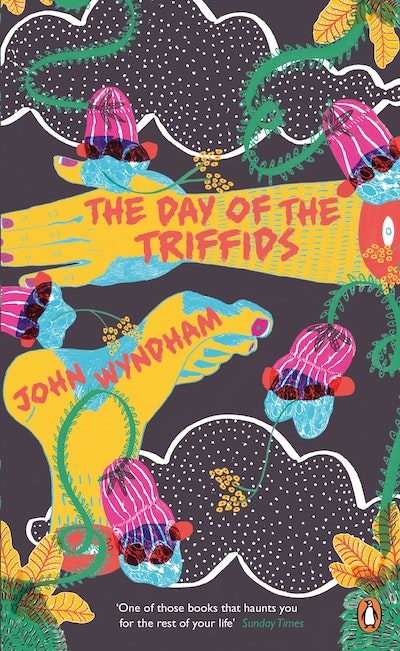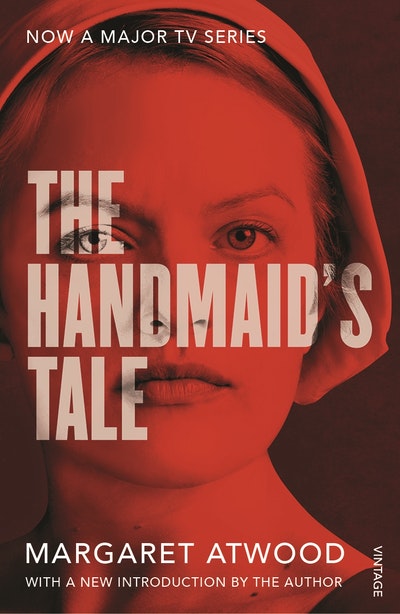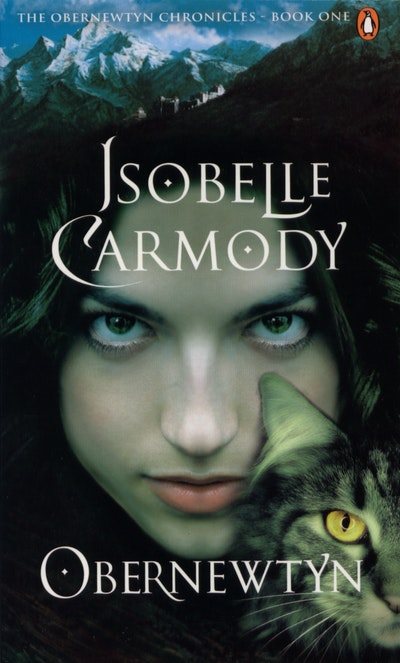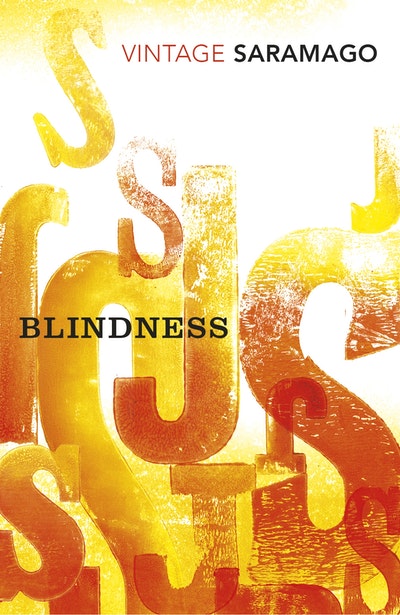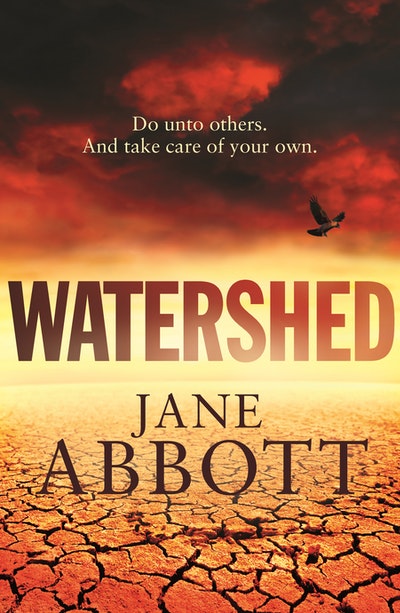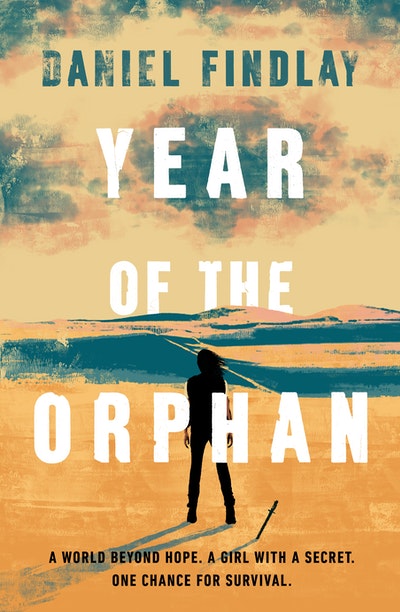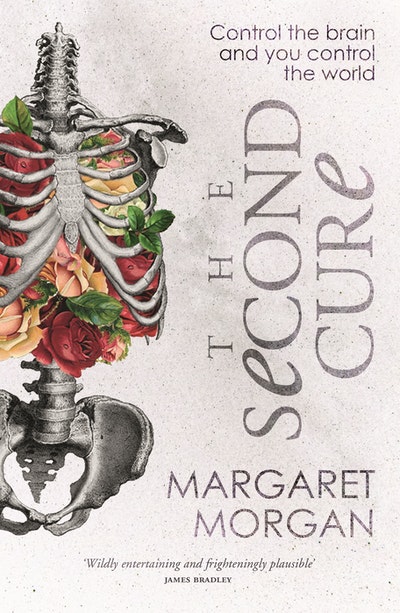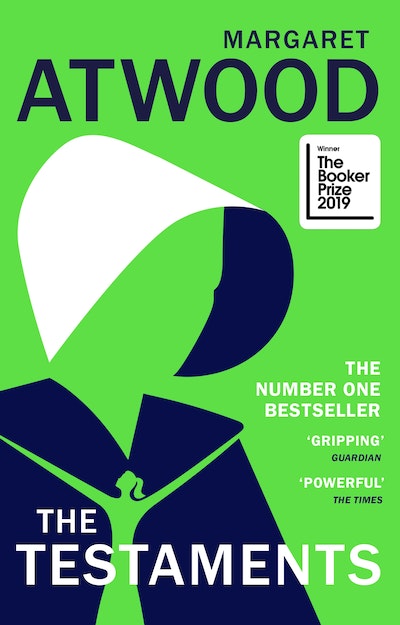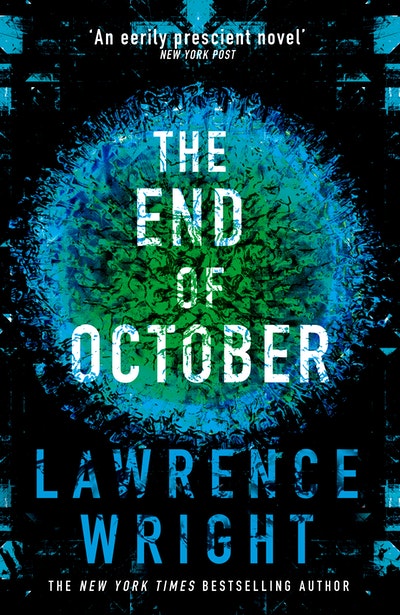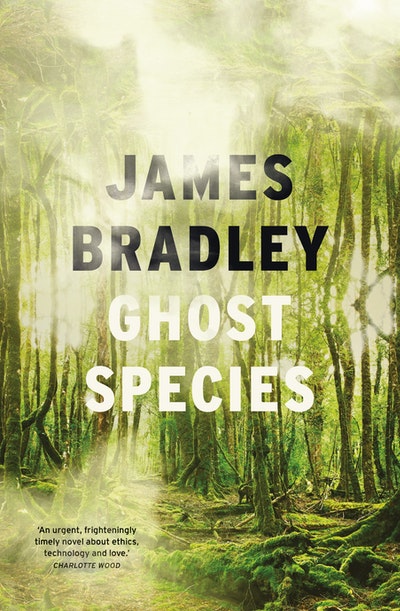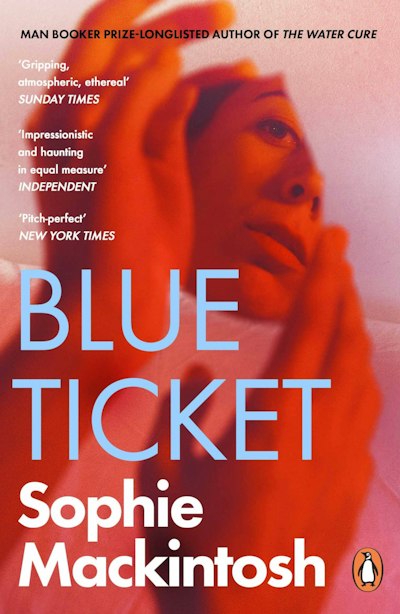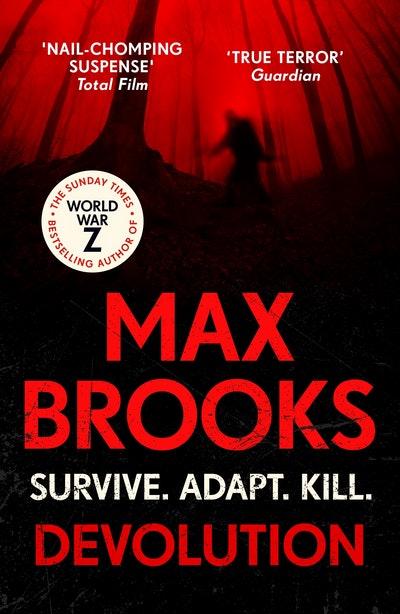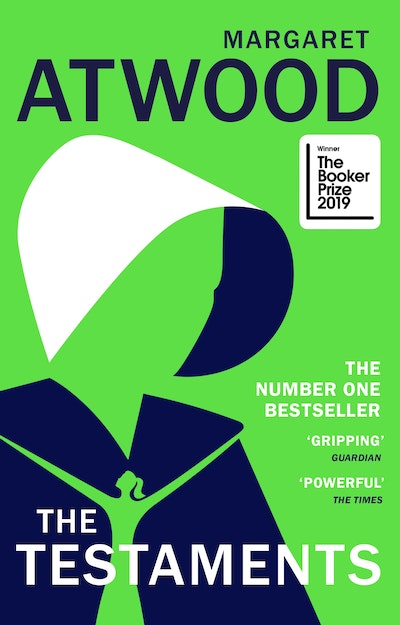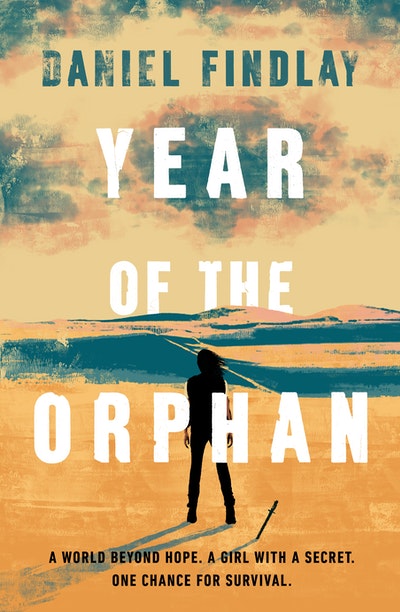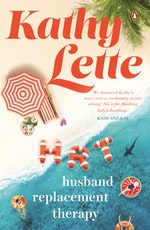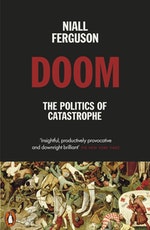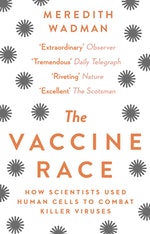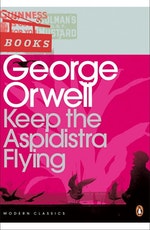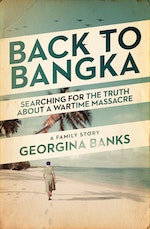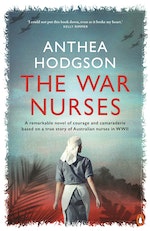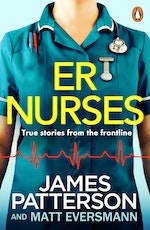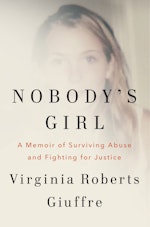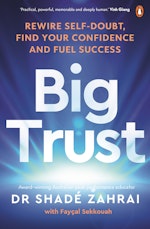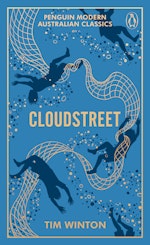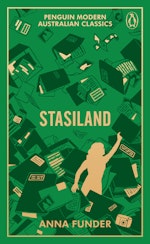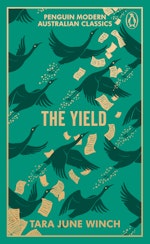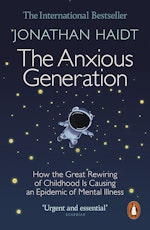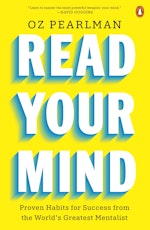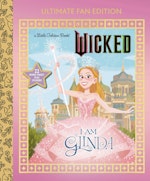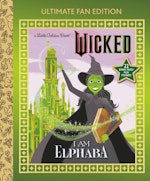15 terrifying end-of-days scenarios that we can be thankful haven’t happened… Or have they?
Sci-fi, speculative fiction and fantasy writing has long been a place where the fanciful collides with the future-factual. HG Wells’ The World Set Free foreshadowed the advent of nuclear weapons. George Orwell’s 1984 revealed with eerie accuracy the coming age 24/7 public surveillance. And John Wyndham’s The Day of the Triffids introduced readers to a pandemic like no other.
Faced with our own, very real, global existential crisis, audiences have been turning to end-of-days films and stories to take their minds off current events. Here’s an introduction to fifteen – mostly fictional – plotlines we hope will never eventuate (assuming, of course, they haven’t already).
A Journal of the Plague Year by Daniel Defoe (1722)
Okay, so even though this one isn’t technically fiction, it’s never been more relevant than it is today. In 1665 the plague swept through London, claiming over 97,000 lives. Daniel Defoe was just five at the time, but he later called on his own memories to create this vivid, horrifying novel of the epidemic and its victims.
The Plague by Albert Camus (1947)
The townspeople of Oran are in the grip of a deadly plague, which condemns its victims to a horrifying death. Fear, isolation and claustrophobia follow as they are forced into quarantine, each responding in their own way: some resign themselves to fate, some seek blame and a few, like Dr Rieux, resist the terror.
Nineteen Eighty-Four by George Orwell (1949)
In the Record Department of the sprawling Ministry of Truth, Winston Smith skilfully rewrites the past to appease the needs of the Party. Inwardly, he rebels against the totalitarian world he lives in, which demands absolute obedience and controls him through the watchful eye of Big Brother.
The Day of the Triffids by John Wyndham (1951)
Almost everyone in the world is blinded by a meteor shower, but when Bill Masen awakes blindfolded in hospital and removes his bandages, he realises he is one of the few who can see. With civilisation in chaos, huge, venomous walking plants called triffids are feeding on human flesh.
The Handmaid’s Tale by Margaret Atwood (1985)
The Republic of Gilead offers Offred only one function: to breed. If she deviates, she will, like dissenters, be hanged at the wall or sent out to die slowly of radiation sickness. But even a repressive state cannot obliterate desire – neither Offred's nor that of the two men on which her future hangs.
The Obernewtyn Chronicles: Volume 1 by Isobelle Carmody (1993)
In a world struggling back from the brink of apocalypse, life is harsh. But for Elspeth Gordie, born with enhanced mental abilities that would see her sterilised or burned if discovered, it is also dangerous.
Blindness by Jose Saramago (1995)
A driver waiting at the traffic lights goes blind. An ophthalmologist tries to diagnose his afflcition, but is affected before he can read the textbooks. It becomes a contagion, spreading throughout the city. The authorities herd the sick into a mental asylum where the wards are terrorised by blind thugs. And when fire destroys the asylum, the inmates burst forth and the last links with a supposedly civilised society are snapped.
Watershed by Jane Abbott (2016)
Devoid of rain, the earth has shrunk to dust and salt, hemmed by a swollen sea. Survivors gather to re-establish order but it’s nothing like before. Loner by design and killer by nature, Jem is unapologetically part of a cruel regime until a new assignment exposes a web of deceit, and past sins demand their reckoning.
Year of the Orphan by Daniel Findlay (2017)
In a post-apocalyptic future where survivors scavenge in the harsh Australian Outback for spoils from a buried civilisation, a girl races across the desert, holding her treasures close, pursued by the Reckoner. She carries secrets about the destruction that brought the world to its knees. And she's about to discover that the past still holds power over the present.
The Second Cure by Margaret Morgan (2018)
Control the brain and you control the world. In a fractured nation, two women are left with a choice – risk all to bring humanity together or let it fall apart
The Testaments by Margaret Atwood (2019)
More than fifteen years after the events of The Handmaid’s Tale, the theocratic and murderous regime of the Republic of Gilead maintains its grip on power, but there are signs it is beginning to rot from within. At this crucial moment, the lives of three radically different women converge, with potentially explosive results.
The End of October by Lawrence Wright (2020)
At an internment camp in Indonesia, 47 people are pronounced dead with acute haemorrhagic fever. When epidemiologist Henry Parsons travels there on behalf of the World Health Organization to investigate, what he finds will soon have staggering repercussions around the globe.
Ghost Species by James Bradley (2020)
When scientist Kate Larkin joins a secretive project to re-engineer the climate by resurrecting extinct species, she becomes enmeshed in another, even more clandestine program to recreate our long-lost relatives: the Neanderthals. As the first of the offspring, Eve, grows up against the backdrop of a hastening climate catastrophe, Kate is forced to consider whether the Neanderthals are a ghost species, or are we?
Blue Ticket by Sophie Mackintosh (2020)
Everyone knows how the lottery works: a white ticket grants you children; a blue ticket grants you freedom. This devastating enquiry into free will and the fraught space of motherhood pushes beneath the skin of female identity, to the point where human longing meets our animal bodies.
Devolution by Max Brooks (2020)
Greenloop was a paradise – until Mount Rainier erupted, leaving its population truly cut off from the world. With no weapons and their food supplies dwindling, the residents slowly realise that they are in a fight for survival. And as the ash swirls and finally settles, they find themselves facing a spectre none of them could have predicted – or even thought possible.

